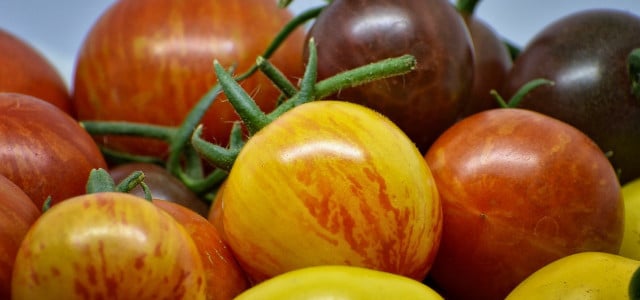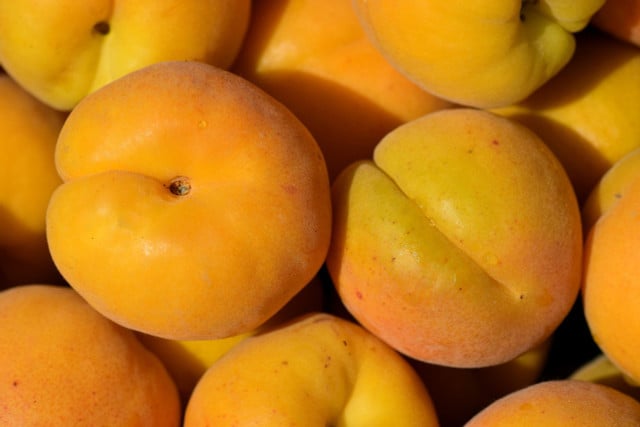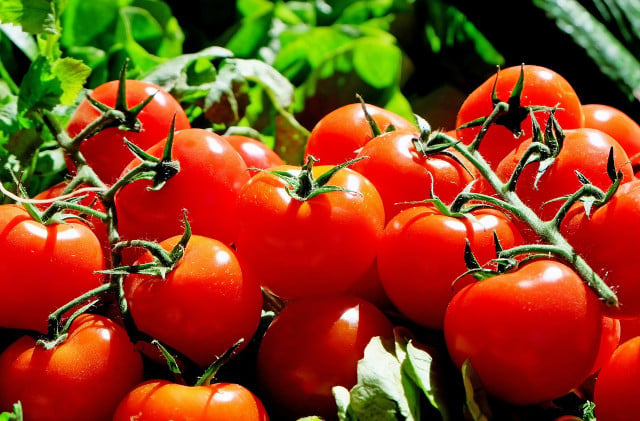
The antioxidant lycopene supports the immune system and protects against cancer. Here you will find out the most important things about the healthy secondary plant substance.
Lycopene is a secondary plant substance and is found in many fruits and vegetables. Eating foods containing lycopene has many health benefits.
In this article you will find out why lycopene is so healthy, which foods it is found in and what you should pay attention to when taking it.
Lycopene – a member of the carotenoid family
Along with alpha and beta carotene, lycopene is one of the most important carotenoids. Carotenoids are secondary plant substances. They give fruits and vegetables a yellow to red color.
Lycopene, alpha-carotene and beta-carotene work together as antioxidants that capture and destroy free radicals. They are intended to strengthen the body’s defenses and protect against various diseases. It is also said that they can reduce the risk of cancer.
The study situation is not clear about all antioxidants. However, it has been scientifically proven that lycopene – consumed as food – has many health-promoting effects.
The properties and effects of lycopene

(Photo: CC0 / Pixabay / ulleo)
The positive effects of lycopene on health are varied. The plant substance strengthens the human immune system by supporting the growth and activities of certain immune cells.
For example, lycopene protects against:
- rheumatism
- arthritis
- cataracts
- Heart attacks
- strokes
- premature skin aging
- Smoking damage
- Sunburn
Lycopene can also prevent cell changes and thus inhibits tumor development. Because of these properties, lycopene can potentially reduce the risk of developing lung, pancreatic, gallbladder and colon cancer.
Lycopene in capsule form – useful or not?
Manufacturers of dietary supplements are now also advertising the positive health effects of lycopene. However, the plant substance in capsule form is usually quite expensive and elaborately packaged in plastic.
A new study also suggests that antioxidants taken in isolation as dietary supplements may actually promote the growth of certain types of cancer.
It is more sustainable, healthier and cheaper to integrate foods containing lycopene into your daily menu.
Which foods contain lycopene?

(Photo: CC0 / Pixabay / Couleur)
Lycopene is found in all yellow, red and green fruits and vegetables. However, a particularly high amount of lycopene is found in tomatoes, even in tomato paste and tomato juice.
Other fruits and vegetables that contain lycopene include:
- Apricots
- Peaches
- Mangoes
- Watermelons
- Berries
- Rose hips
- Pumpkins
- Citrus fruits, especially grapefruit
Your body absorbs lycopene best if you keep a few things in mind when preparing it. Fruits and vegetables that contain lycopene are usually relatively heat-resistant and can therefore be prepared at higher temperatures without losing the active ingredient. In addition, the body can utilize lycopene even better from chopped or pureed foods. Also important: Lycopene only works in conjunction with fat!
In another article you will find out everything you should know about cooking oils and fats.
Read more on Techzle\.com:
- Healthy eating: 10 nutritional myths
- Minerals: These are the most important nutrients for your diet
- 10 unhealthy foods we should stop eating
** marked with ** or orange underlined Links to sources of supply are partly partner links: If you buy here, you are actively supporting Techzle\.com, because we then receive a small part of the sales proceeds. More info.